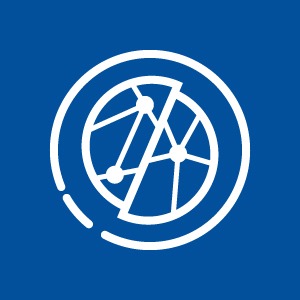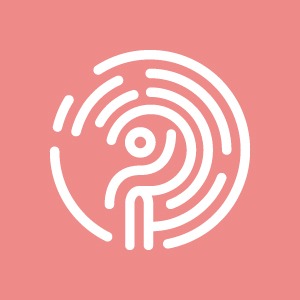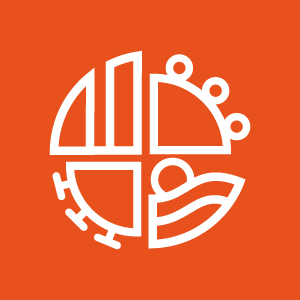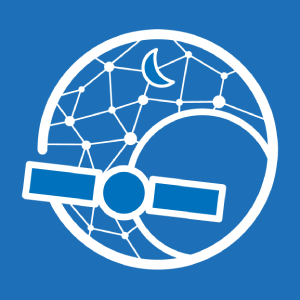Interdisciplinary institutes
Within the framework of “Excellence initiative (IdEx), Université Paris Cité has established several interdisciplinary institutes.
Thanks to an interdisciplinary and structured approach, these institutes aim to examine today’s major societal challenges. By bringing together several laboratories, they seek to break down the barriers between disciplines.
Center for Earth Politics
The Center for Earth Politics focuses on addressing scientific and political challenges coming from various findings on the state of the planet. As a symbol of the close collaboration between Université Paris Cité and Sciences Po, its ambition is to develop research communities that bring together experimental sciences with social sciences and humanities to address the complex challenges of the Anthropocene.

Global Research Institute of Paris
The Global Research Institute of Paris (GRIP) is an Interdisciplinary Initiative that includes both Global Studies and Global research in the social sciences and humanities, particularly working on North-South relations.
Designed as a meta-network, the GRIP addresses all the strategic partners of Université Paris Cité by creating a highly visible scientific community focused on societal challenges linked to globalisation.
The Person in Medicine Institute
The Person in Medicine Institute is an interdisciplinary program at the crossroads of human and social sciences, medical humanities and medicine.
The programme explores subjectivation on individuals with health issues, their family members and on health care professionals. It examines the way these interconnected communities experience the disease socially and on a personal level. Lastly, the programme focuses on training doctors and health care professionals and considers how the role of humanities plays within this context.
Data Intelligence Institute of Paris
The Data Intelligence Institute of Paris (DiiP) is a laboratory that fosters and supports the emergence of interdisciplinary practices around data science and data intelligence, by integrating and capitalizing on pre-existing expertise within the university. It gathers scientists and researchers from formal sciences (mathematics, computer sciences), physical sciences, (physics, astronomy, geosciences), life sciences (medicine, biology, neurosciences) and social sciences (linguistics, psychology, sociology, political science, economics, law, history).
Challenges Research Institute
Co-founded by Université Paris Cité and the CRI, the Challenges Research Institute, strives to contribute in building the University of the future, encouraging the creation of learning groups and addressing the Sustainable Development Goals (SDGs) set by the United Nations.
Based on the observation that we generate more problems than knowledge, the teams will work to identify, develop and scale up educational programs and pioneering research projects responding to our most urgent challenges, especially in education. The Challenges Research Institute will build on the #LearningPlanet dynamic, which aims at identifying, uniting and explanding at a global level the most promising educational innovations to meet the challenges of our time.
Covid-19 Ad Memoriam Institute
The COVID-19 Ad Memoriam Institute aims to connect diverse groups from multiple sectors including researchers, caregivers, artists, lawyers, victims’ organisations, spiritual and cultural authorities, thought leaders, members of civil society, philosophers and entrepreneurs to reflect collectively on the COVID-19 global pandemic. The latter constitutes a major anthropological disruption for French society and, more broadly, our globalized world. The consequences of the crisis on society will be numerous and long lasting. We must therefore measure them and work to strengthen our capacities for anticipation and collective resilience.
La Cité du Genre
La Cité du Genre is an interdisciplinary institute in gender studies created in September 2015. It brings together existing teams in this research field, promotes and supports growing interest in gender issues.
Designed around four interactive components – research, training, international relations, linking with the social environment, it now seeks to develop interdisciplinarity between the areas of Social Sciences and Humanities, Health and Sciences to respond more effectively to today’s societal challenges.
Paris Public Health
The Paris Public Health Institute aims to become an internationally recognized institute of excellence. Its ambition is to be among the five most important European public health institutes in terms of scientific research, teaching and capacity to produce knowledge that can be used by public authorities and civil society actors.
The spatial centre Université Paris Cité
The spatial centre of Université Paris Cité aims to strengthen its positioning through structural organisational developments and by pooling its resources It will thus reinforce the most involved teams in their area of expertise and support less experienced teams to build their first participation in space projects. The spatial centre of Université Paris Cité is a local coordination centre, relying on the existing platforms and know-how of the university’s laboratories and shared resources.








